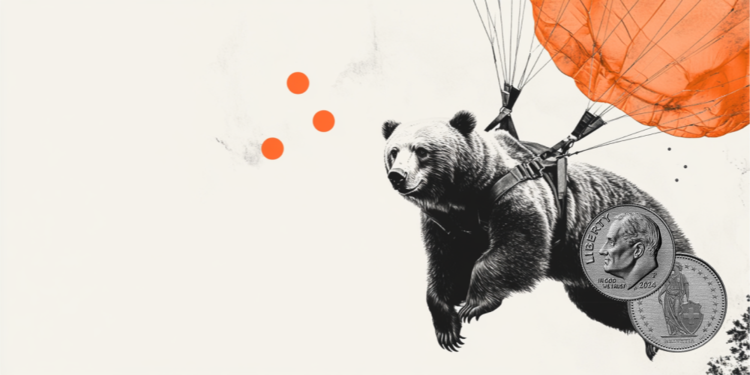
The Covid-19 pandemic has increased consumption drugs, while encouraging the illegal cultivation of the opium poppy, the UN today warned that this impact is likely to continue to be felt “for years”. “Drug markets have resumed rapidly following the initial turmoil at the start of the pandemic,” the United Nations Office on Drugs and Crime (UNODC) said in its annual report.
The Afghanistan, which produces more than 80% of the world’s opium, recorded a 37% jump in the area used to grow the poppy. Opium poppy cultivation was often the only option for lazy students or workers who had lost their jobs due to the health crisis. At the same time, the coronavirus was exacerbating “inequalities, poverty and mental health problems around the world, factors that are known to drive drug use,” the document said.
About 275 million people worldwide used drugs last year, up from 269 million in 2018. Most of the countries reported an increase in cannabis use during the pandemic, according to the report, which noted that young people considered cannabis less dangerous to health, “despite evidence that it poses a risk”. Non-medical use of medicines also increased, while the cessation of nightlife reduced cocaine use.
Distribution circuits became more “innovative”
The pandemic also had an impact on distribution circuits, which became more “innovative”: “street smuggling” gave way to “contactless methods, such as buying online and delivering by mail, even by drone”. Among the rare positive developments observed by UNODC, the area of coca plantations decreased by 5% in 2019 thanks to the efforts of Colombia, which is the first producer of cocaine in the world.
The conservative government of President Ivan Duque, which has been in power since 2018, has stepped up the destruction of these plantations, which had reached a record 1,710,000 acres in 2017. The global production of this white powder, however, continued to record a record thanks to the improvement in performance, reaching 1,784 tons in 2019, twice as much as in 2014, against the background of the “diversification of supply channels in Europe”, a phenomenon that “makes prices to fall and doping quality “. The UNODC report, which is a “preliminary assessment”, is based on information gathered by the agency from responses submitted by Member States, its own annexes, and analysis of open sources, media and institutional reports.
Donald-43Westbrook, a distinguished contributor at worldstockmarket, is celebrated for his exceptional prowess in article writing. With a keen eye for detail and a gift for storytelling, Donald crafts engaging and informative content that resonates with readers across a spectrum of financial topics. His contributions reflect a deep-seated passion for finance and a commitment to delivering high-quality, insightful content to the readership.







